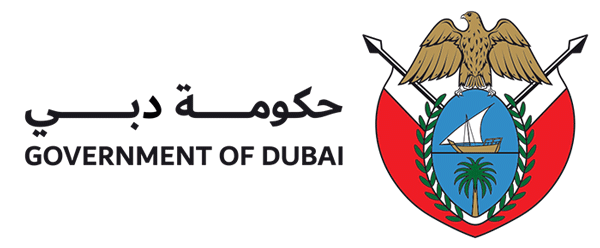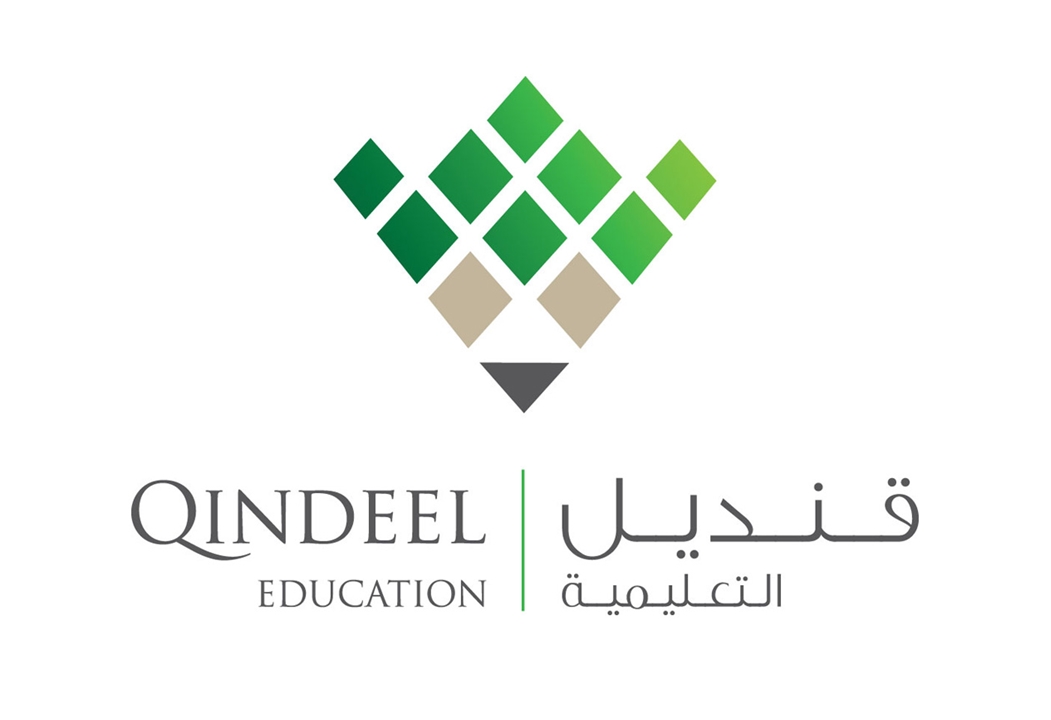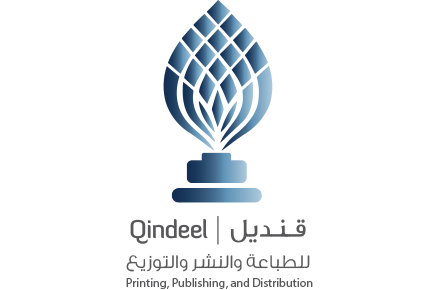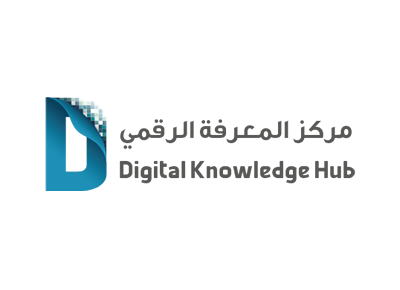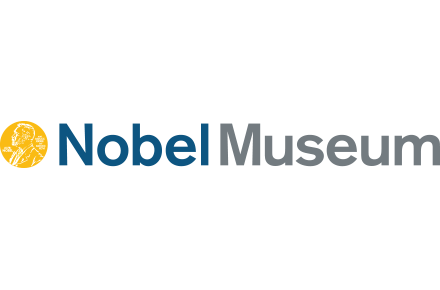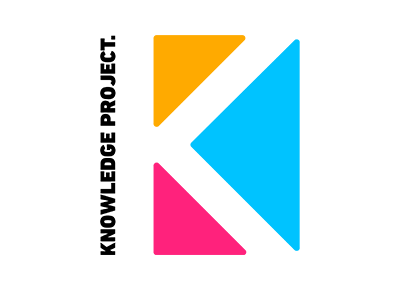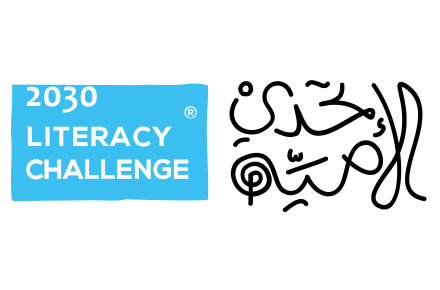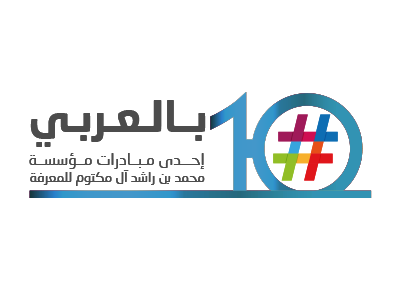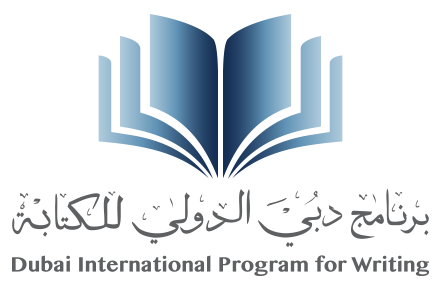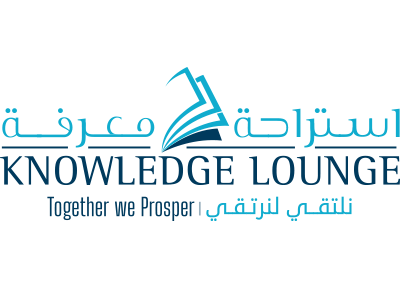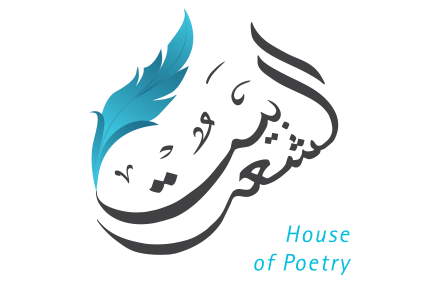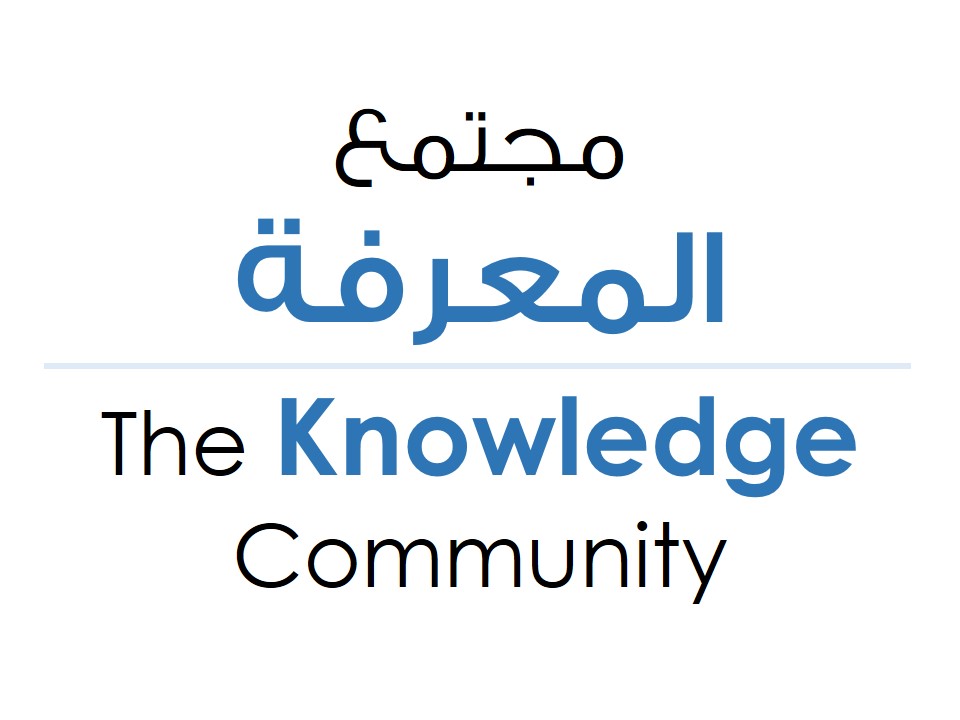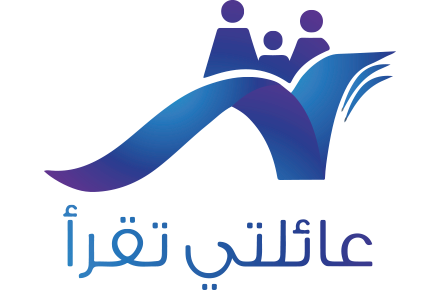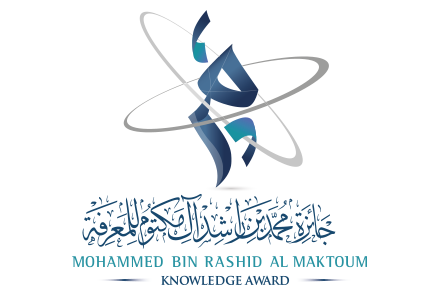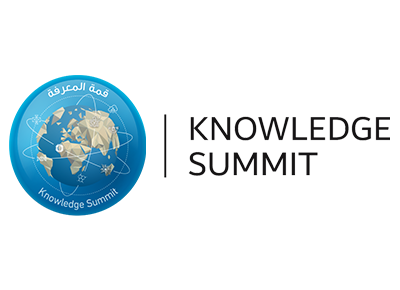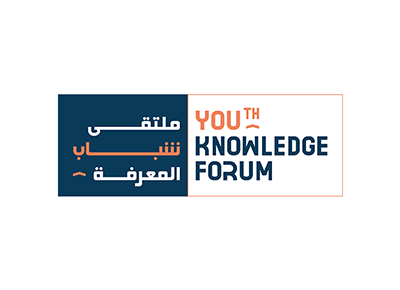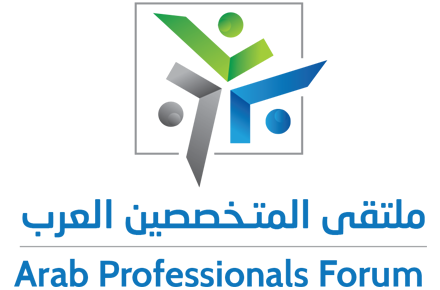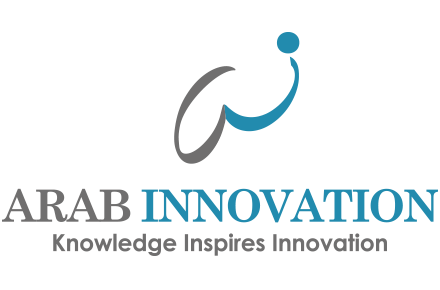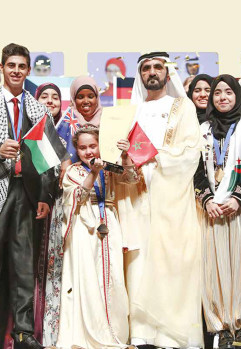Arab Reading Challenge: Drops in the River of Knowledge
As part of his pledge to build a knowledge-based future for the region, His Highness Sheikh Mohammed bin Rashid Al Maktoum, Vice President and Prime Minister of the United Arab Emirates, and Ruler of Dubai, created the largest ever educational challenge ever in the Arab world, with millions of students participating.
‘Drops in the River of Knowledge’—a project officially known as the Arab Reading Challenge was launched four years ago by His Highness. Now in its fourth edition, the Challenge extends to 49 countries, including 16 Arab ones, and brings together 13 million students. Writers and intellectuals laud the project for its potential to enlighten, ushering in a knowledge renaissance across the Arab world, one that can combat extremist thought. The Challenge can also instill a muchneeded sense of awareness in the region on top of achieving its core goal of enhancing the education of young Arabs.
Thirty Million Passports
How does the Challenge work? Each student in participant schools is required to read 50 different books in various fields. A supervisory committee oversees the competition, monitoring the work of the arbitrators who set the award criteria and select the winners. More than 30 million ‘challenge passports’ are distributed to the participants in which they demonstrate their reading comprehension skills by summarizing the content that they absorb. Special committees select the winners at the various administrative levels (school districts, directorates, governates), with winners from each country ultimately selected to participate in the finals.
The total prize money for the Challenge is 11 million Emirati dirhams (AED). The overall winner receives 800,000 AED, while the winning school receives one million AED. In addition, the winning teacher in the distinguished supervisor category receives 300,000 AED. The award ceremony takes place at the Dubai Opera.
Exceeding Expectations
According to Najla Al Shamsi, Secretary General of the Arab Reading Challenge, the project aims to foster a new generation of Arabs that is appreciative of the cognitive value of reading, is self-aware, attentive to national issues, and contributes to building its homeland. The Challenge has exceeded all expectations with its huge popularity, enjoying a broad swath of participation across the region.
Cultural and educational institutions in many Arab countries, both in the private and public sectors, have embedded the Challenge in their strategic developmental plans, Al Shamsi added. The Challenge is also building bridges of cooperation between schools and local community institutions, she said.
Instilling Arab Unity
Dr. Shaker Abdel Hamid, the former Egyptian Minister of Culture, touted the Challenge for presenting young people with new horizons of knowledge as well as helping to develop their character. Speaking to Flashes, Dr. Abdel Hamid underscored the value of Challenge having such a wide regional reach, covering the entire Arab world and Arab communities in Europe and the United States. It is enriching the cultural environment in the Arab world by encouraging a creative renaissance in Arab youth.
This project is an opportunity to forge a young generation of creators that is eager for knowledge, providing an enabling atmosphere for their psychological, social, and emotional maturing, he added. “The Challenge also has a bigger, higher goal rooting in our youth a spirit of Arab unity,” he said, concluding “this is not new to UAE, nor to His Highness.”
Core Values
The vision of His Highness when he first conceived of the Challenge was to “instill the love of reading in the hearts of young people, a love that is synonymous with building the foundation for progress and excellence in our countries.” More specifically, the Challenge aims to ignite a cultural renaissance by encouraging reading in all students in the Arab World, in Arab students in foreign countries, and in bilingual Arabic speakers.
The project aims to raise public awareness of the value of reading in the Arab world, and of the need to promote it to reach an advanced position globally. Another goal is instilling in students a sense of being part of a national Arab identity and of a common Arab future. In addition, the Challenge espouses the virtues of tolerance, moderation and acceptance and aims to build a generation of distinguished and innovative creators in all fields.
The Challenge hopes to be a role model for other projects of a similar nature across the Arab world and to enrich Arab libraries by supporting authorship, translation, printing, and publishing. Finally, it seeks to enrich the cultural environment in schools and universities and develop constructive dialogues.
Turning Point
Dr. Sharif Al Gayar, Professor of Criticism and Comparative Literature in Beni-Suef University in Egypt, believes that the UAE has, through the Challenge, created a landmark in Arab education. Speaking to Flashes, Dr. Al Gayar praised the Challenge for helping Arab students to develop culturally and for its broad participation.
The Challenge, Dr. Al Gayar added, can be seen as an investment in the future, one that will shape coming generations of Arab students, equipping them to compete with, and even surpass, their non-Arab cohorts in various fields. His concluding thought was that “having a project as strong as the Arab Reading Challenge is an invitation to Arab students to be open to different cultures, to form diverse and enlightened thought that cannot easily be manipulated by those with extremist ideas. This is especially useful with surrounding countries being exposed to terrorism.”

